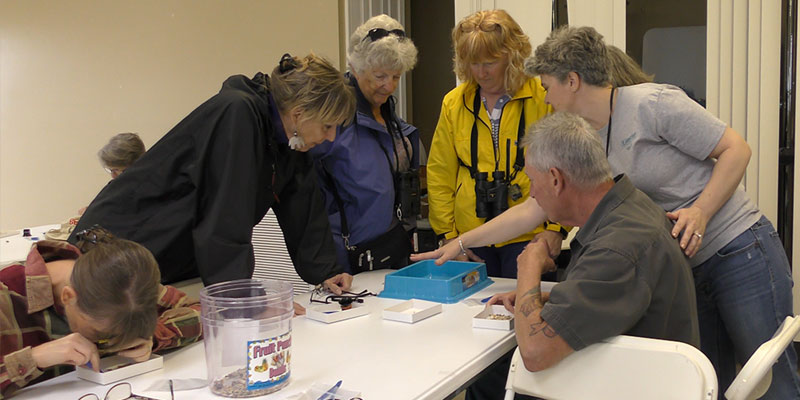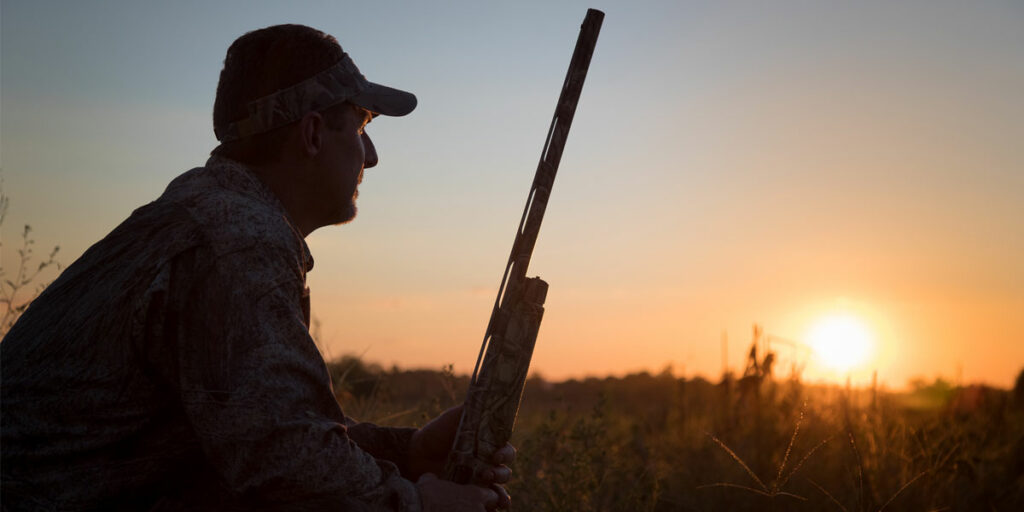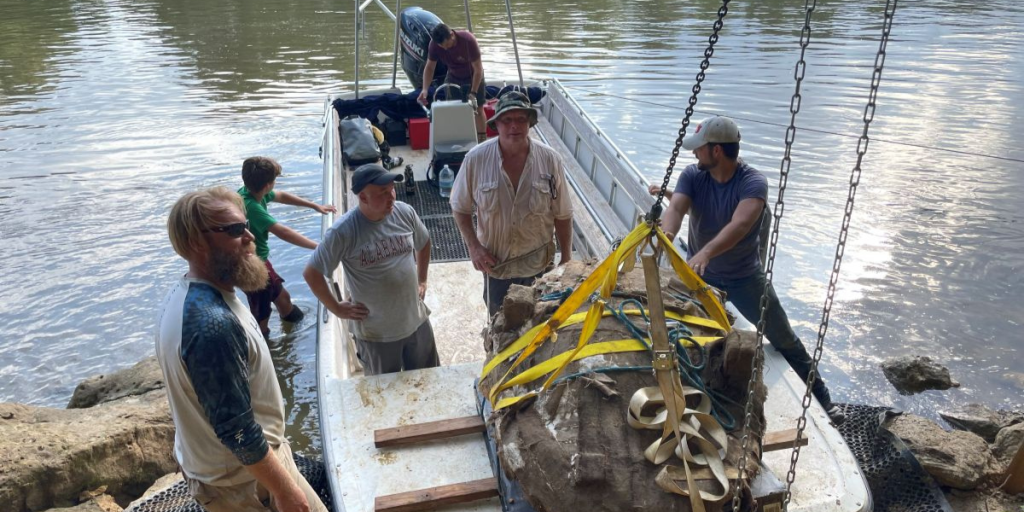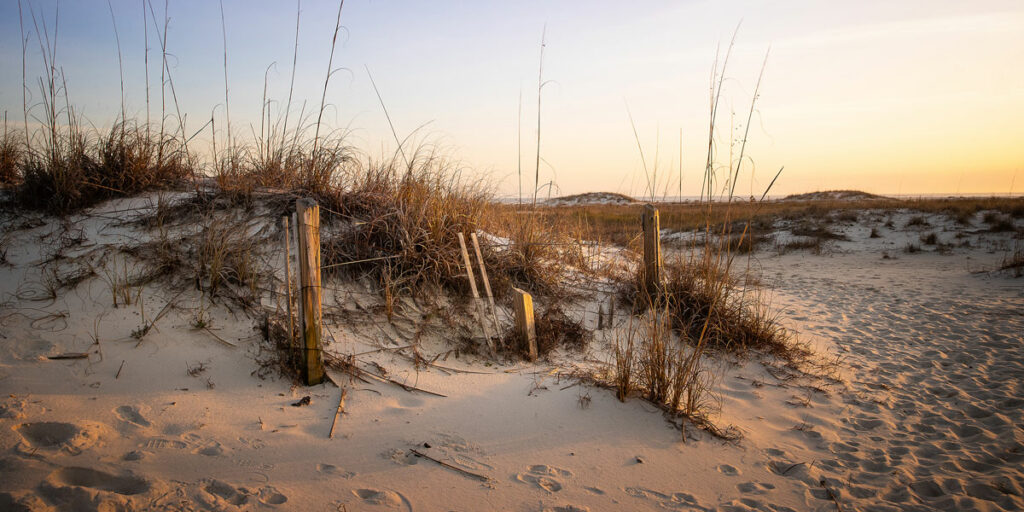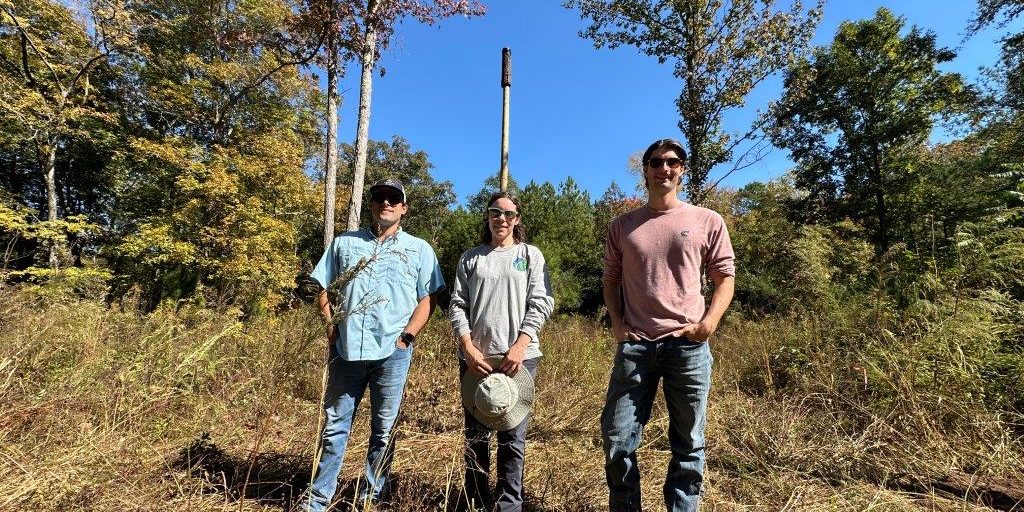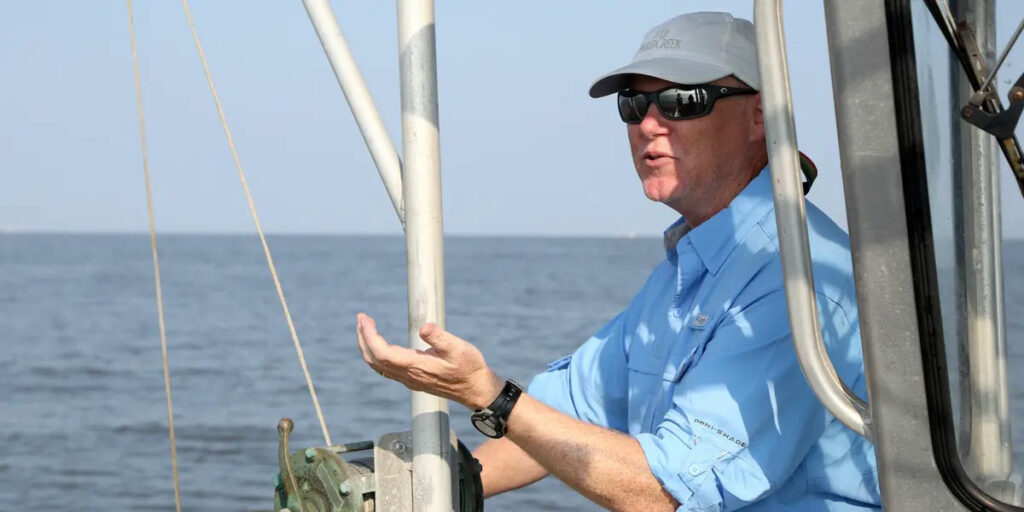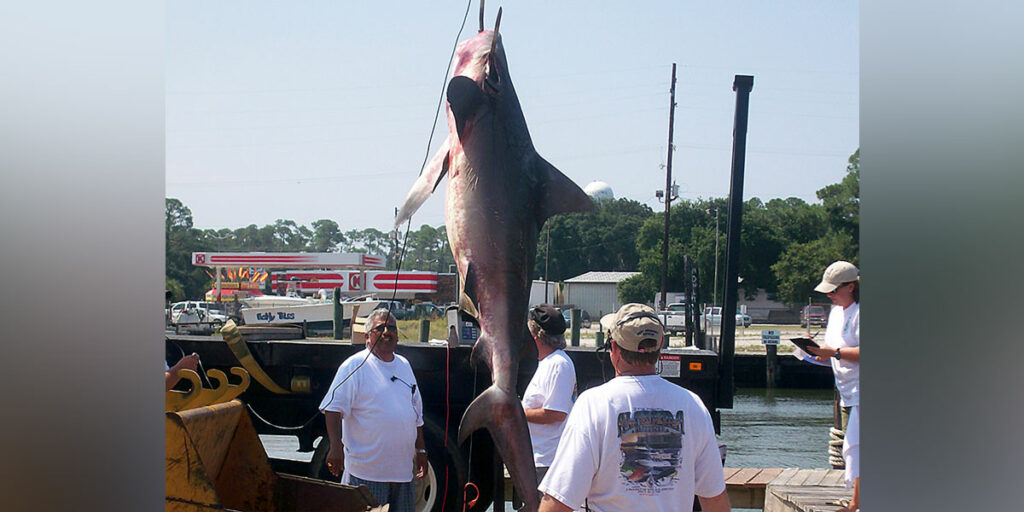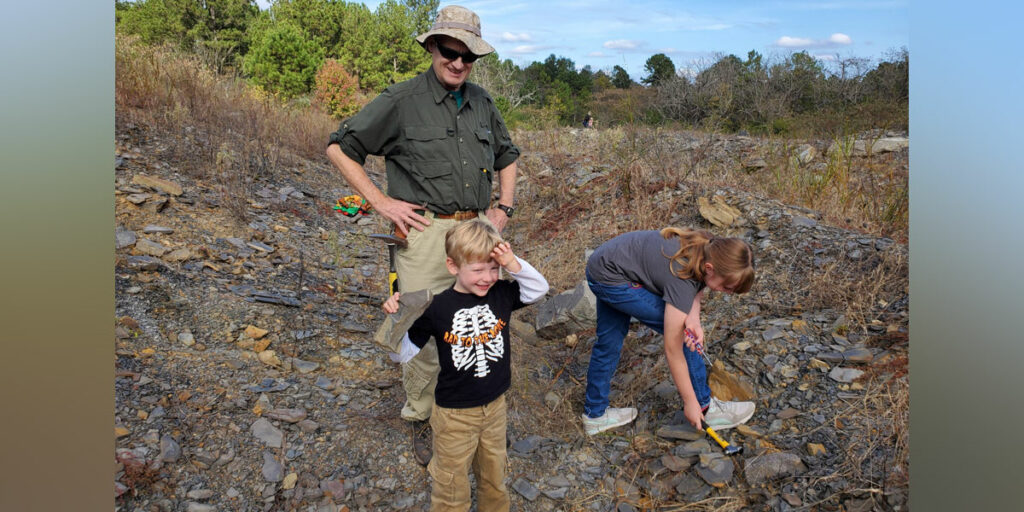New research has found that Alabama has more plant and animal species, both living and dead, than any other state in the nation.
Jun Ebersole, an archaeologist and paleontologist at the McWane Science Center, shared his latest findings Feb. 19 at Dauphin Island Sea Lab. Ebersole is creating a fossil inventory of the state, concentrating on vertebrates – things with backbones, such as sharks, dinosaurs and bony fish. He’s cataloged more than 300 species in Alabama, easily surpassing South Carolina and Florida, two states historically considered to be the most paleobiodiverse states in the country.
“I’ve tripled what was considered the No. 1 state in the U.S. in terms of paleobiodiversity, and that’s just with sharks and bony fish,” Ebersole said. “We’re just getting started.”
Ebersole’s research has also helped him and other scientists catalog Alabama’s diversity of living species. A 2002 report by The Nature Conservancy ranked Alabama No. 5 behind California, Texas, Arizona and New Mexico, but Ebersole said deliberate research in recent years to catalog Alabama’s plant and animal species proves Alabama is the most biodiverse state.
“I moved here because of the unbelievable amount of stuff we have here,” Ebersole said. “That’s why I can stand here with confidence and tell you we are No. 1, and No. 1 by far.”
Paleontologist seeks help finding fossils across Alabama from Alabama NewsCenter on Vimeo.
Ebersole said Alabama’s large amount of freshwater lakes and rivers is the main reason for the state’s biodiversity and paleobiodiversity superiority.
“We have 132,000 miles of inland waterways, which is No. 1 in the country,” Ebersole said. “60% of aquatic biota in North America is in the Tennessee Valley. Anything aquatic, we’re going to rank No. 1 in that in the U.S.”
Ebersole said Alabama’s latitude on the planet and proximity to coastal waters has helped make the state one of the most unique places in North America in terms of surface geology.
“If you want to study the history of life in chronological order, there’s not a better place in North America than Alabama,” Ebersole said. “We have five geologic ecoregions in Alabama, and you can see all five of these regions by just driving I-65. Having five in one state is very unique.”
Besides educating Alabamians, Ebersole is asking the public for help finding more fossils. He showed students, staff and visitors at Dauphin Island Sea Lab how to locate fossils in beach sand, especially in areas backfilled with sand dredged from offshore in 2016.
“Knowing that these things can be found on the beach here at Dauphin Island, I’m using the local community to help me find these things and get a list of what species we have here,” Ebersole said. “So far I’ve found at least 40 different species of sharks and bony fish from the sand on Dauphin Island.”
To learn more about Ebersole’s research, visit the McWane Science Center online at mcwane.org.
(Courtesy of Alabama NewsCenter)




